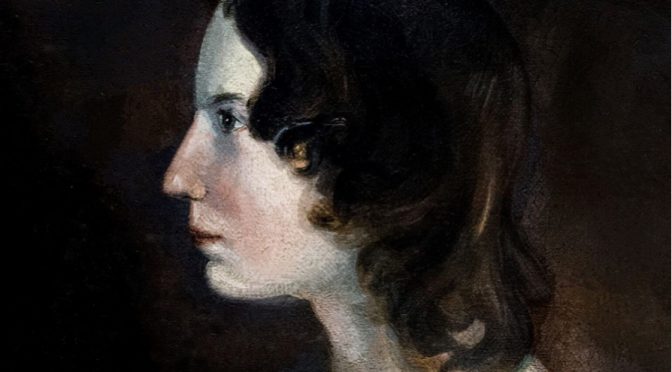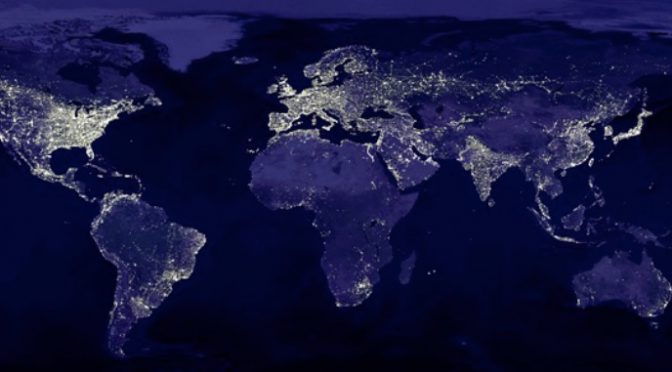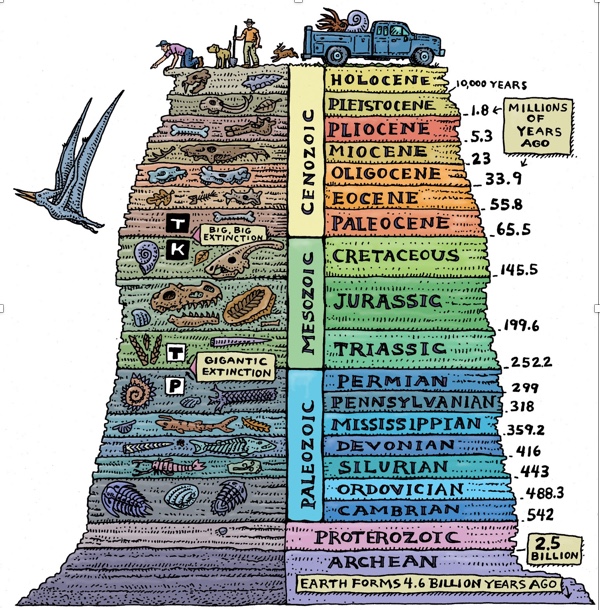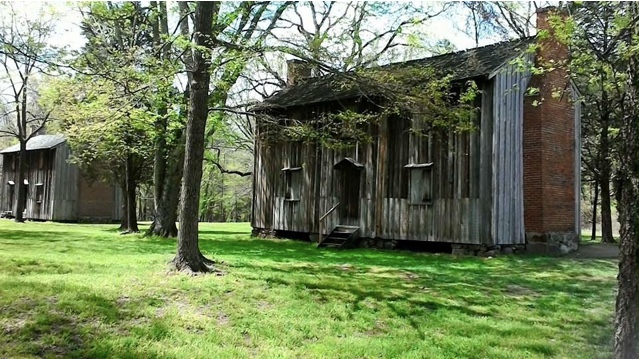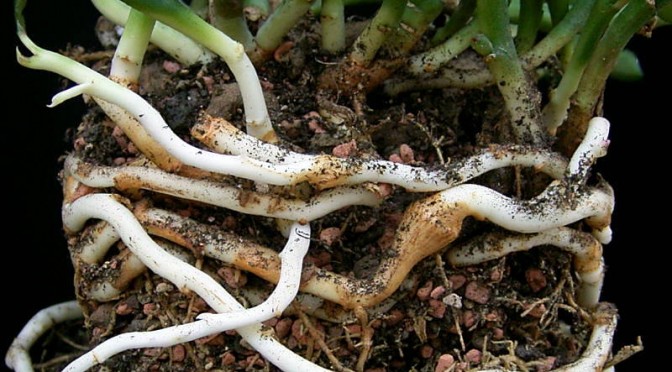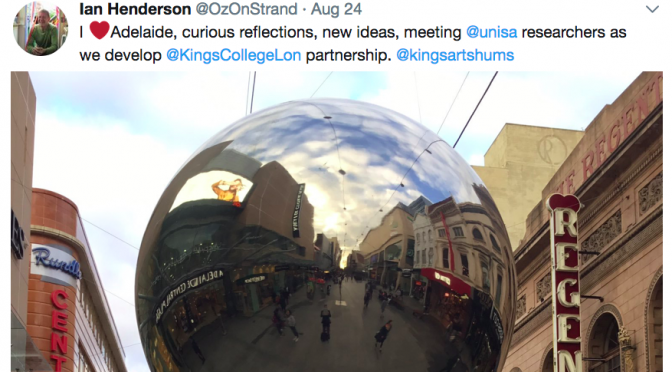by Clare Pettitt, Professor of Nineteenth Century Literature and Culture, King’s College London
Domestic violence, alcoholism, child abuse, neglect, sexual obsession and torture: Emily Brontë’s 1847 novel Wuthering Heights is nothing if not graphic in its depiction of the messy, frightening and chaotic lives of unhappy families. No wonder critics at the time were repelled by its “shocking pictures of the worst forms of humanity” and its “details of cruelty, inhumanity, and the most diabolical hate and vengeance.” But the women in the novel, trapped in these toxic, inter-generational cycles of abuse, are not passive but remain resolute and resistant.
“Whether it is right or advisable to create things like Heathcliff, I do not know,” wrote Charlotte Brontë in her apologetic preface to the 1850 posthumous edition of her sister’s novel. But despite her misgivings, Heathcliff remains one of the most memorable and enduring characters in Victorian literature.

